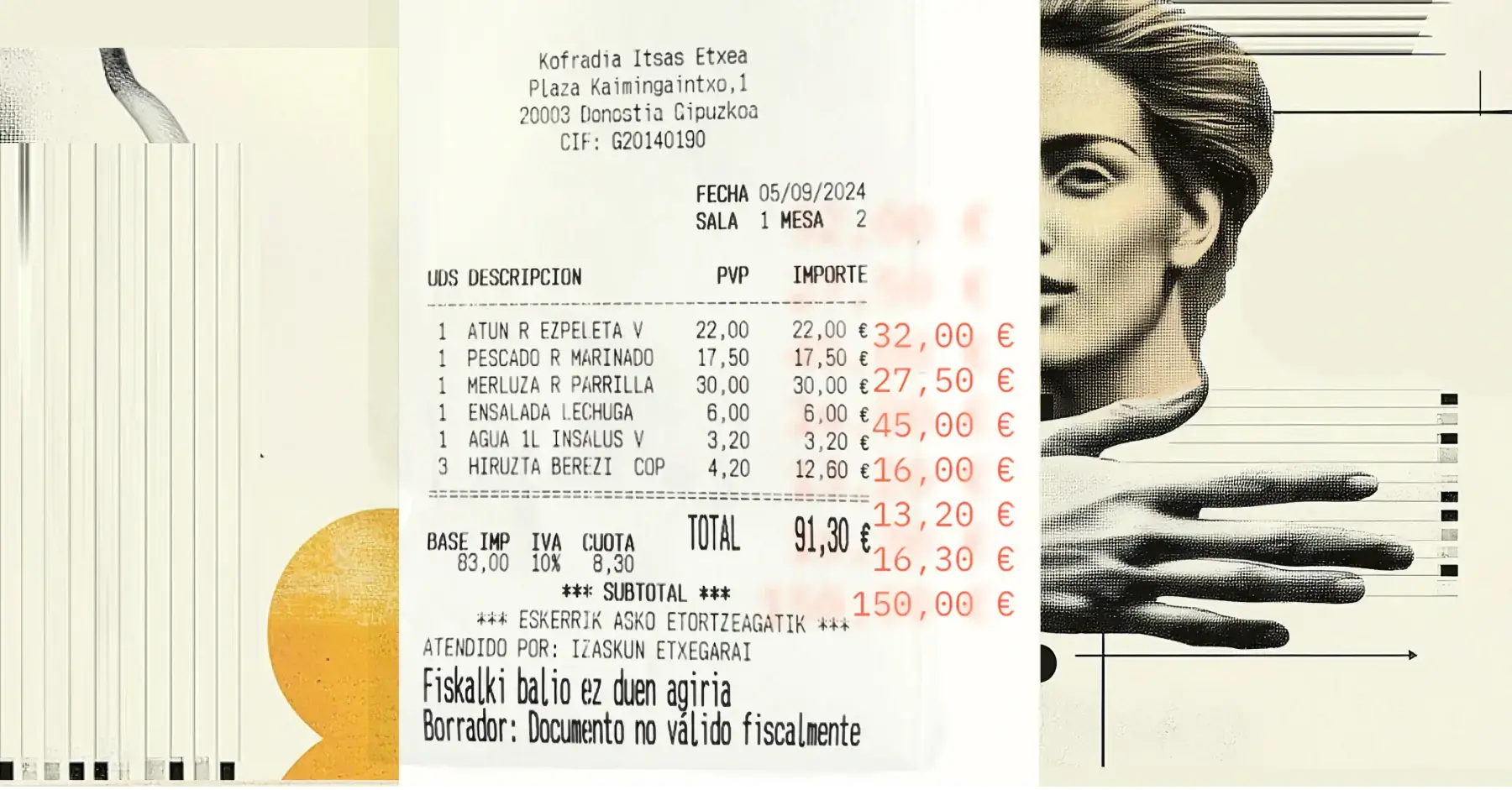Businesses face numerous challenges when economic conditions deteriorate—employee expense fraud shouldn’t be one of them. As financial pressures mount amid recession concerns, organizations need to understand what drives normally honest employees to commit fraud and how to prevent it effectively.
Why good people make bad decisions
Most people who commit expense fraud aren’t career criminals. They’re ordinary employees facing extraordinary pressures who find themselves with the opportunity and rationalization to make poor decisions. This psychological pattern, characterized by the fraud triangle, helps explain why expense fraud happens and provides a framework for prevention.
The three elements of the fraud triangle
Originally developed by criminologist Donald Cressey in 1953, the fraud triangle identifies three conditions that typically need to be present for an otherwise honest person to commit fraud:

Undisclosed pressure – the hidden motivator
Undisclosed pressure creates the motivation for fraud—financial or emotional stressors that employees don’t share with managers or colleagues. With recession concerns looming, these pressures are intensifying for many workers, who worry about the loss of retirement funds, increased living costs due to inflation, and potential layoffs.
Research from the Association of Certified Fraud Examiners reveals these aren’t just theoretical concerns. About 45% of fraud perpetrators experienced workplace issues before committing fraud, such as poor performance evaluations or being denied raises or promotions.
Opportunity – the open door
For fraud to occur, an opportunity must exist. For remote or hybrid employees, the interpersonal monitoring that naturally exists in shared workspaces—like visible supervision and regular face-to-face interactions—is diminished. When employees feel out of sight, the temptation to exploit weakened controls increases.
Where staff are expected to be in-office, many organizations mistakenly believe physical proximity automatically ensures oversight. However, busy managers, social dynamics, and administrative shortcuts can create significant fraud opportunities, like receipts that are physically shared or duplicated, or corporate cards passed between employees for convenience. As companies reduce administrative staff to cut costs, expense items that would have been carefully examined might now receive only a cursory review.
Rationalization – the self-justification
The final element needed for fraud is rationalization—the ability to justify dishonest actions in one’s mind. Economic uncertainty makes rationalization easier, as struggling employees might think: “The company doesn’t care about me, so why should I care about their rules?” or “It’s just a small amount—they'll never notice or miss it.” These thought patterns transform normally honest employees into fraudsters, often starting with small violations that grow larger over time.
Breaking the triangle with prevention
The good news is that removing any side of the fraud triangle significantly diminishes risk. Here’s how organizations can replace each side with a more resilient defense against expense fraud while supporting their team members.
Address pressure through support
While you can’t eliminate all financial pressures employees face, you can build a supportive environment that reduces their impact. Create spaces where employees can discuss concerns without judgment. Implement assistance programs that provide financial counseling and mental health support.
Regular check-ins about employee wellbeing can help identify hidden pressures before they lead to fraud. Organizations that invest in employee support not only prevent fraud but build stronger teams prepared to weather economic challenges together.
Remove opportunity through smart controls
Now is the time to reevaluate internal controls. Do your current controls work in a remote or hybrid environment? Have you updated policies to reflect new working models? Are you consistently enforcing policies across all departments?
AI-powered finance tools can audit expenses and invoices in real time, flagging potential issues before payments are made. These systems catch duplicate submissions, out-of-policy spending, and unusual patterns that human reviewers might miss. Studies show that proactive data monitoring and analysis reduces fraud losses by 50% and shortens detection time significantly.
Combat rationalization through culture
Build a strong ethical culture that emphasizes integrity (what author Charles W. Marshall calls “doing the right thing, even when no one is looking,”) to counter rationalization. Clear communication about company values, consistent policy enforcement, and transparent consequences for violations all lessen employees’ ability to justify fraudulent behavior.
Recognition programs that acknowledge employee contributions diminish the feelings of being undervalued that often lead to rationalization. Regular team activities, even virtual ones, help maintain connections that make it harder for employees to rationalize actions that harm colleagues.
Balance security with empathy
As recession concerns grow, organizations need to be especially attentive to how economic pressures affect their teams. Financial strain can intensify all three elements of the fraud triangle, making proactive prevention more important than ever. By implementing intelligent expense monitoring now, you can identify potential issues early—creating opportunities for supportive intervention rather than punitive measures after significant fraud has occurred.
The most effective fraud prevention approaches balance robust controls with genuine support for employees. Modern expense monitoring systems provide this balance by identifying potential fraud patterns early, when interventions can be more supportive, and automating routine compliance checks, freeing managers to focus on employee wellbeing. Combining technology with human-centered approaches that address the psychological aspects of fraud creates environments where fraud is both difficult to commit and easy to detect—breaking the fraud triangle before it forms.
Moving forward with confidence
According to the ACFE, 86% of organizations victimized by fraud increased management reviews in reponse. AppZen Expense Audit with Team Insights takes that load off of managers with actionable team intelligence notifications that allow for immediate intervention. AppZen Coach goes a step further, with the ability to query your data directly and receive suggestions for employee coaching and policy improvements. With intelligent expense monitoring, open communication, and a culture of integrity, your organization can navigate even the most challenging economic conditions with confidence.
Understanding the fraud triangle gives organizations a powerful framework for expense fraud prevention. Rather than viewing employees with suspicion, this approach recognizes that most people want to do the right thing—and with proper support and systems in place, they will.
Remember: Prevention isn’t just about protecting your bottom line—it’s about protecting your people from making decisions they’ll later regret.


